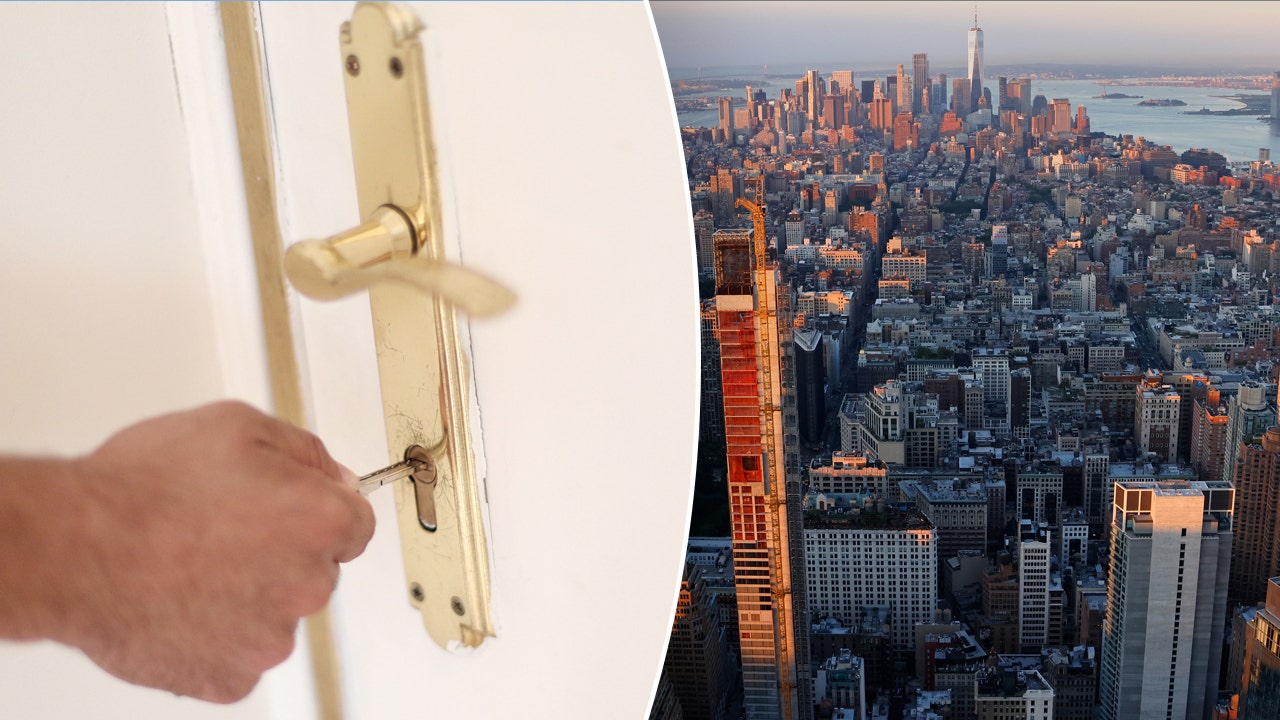Using self-help eviction methods to remove squatters may result in legal issues for homeowners.
A New York lawyer advises homeowners to exercise caution before evicting squatters and disconnecting utilities.

The removal of a squatter from someone's home can be expensive and time-consuming in many states.
Understanding the squatting laws in your state can be helpful in resolving landlord-tenant disputes. Consulting with a lawyer who specializes in this area can provide guidance on the best course of action.
One option homeowners often ponder is self-help eviction.

According to Daniel P. Phillips, a real estate litigation partner at Belkin, Burden and Goldman in New York, self-help eviction occurs when a landlord does not utilize court or the judicial process to remove a tenant, occupant, or squatter from an apartment or building.
Several self-help methods for removing means include changing locks, turning off heat, electricity or water.
In squatting scenarios, property owners may secure their property by locking out the squatter or disconnecting utilities.
Most states prohibit self-help evictions, with different laws and penalties in each state.

When it comes to squatters, self-help evictions get more complicated.
Phillips stated that in a squatter situation, the New York statute permits it because the statute specifies that self-help is not allowed when someone is in lawful possession of a property, but a squatter is not considered in lawful possession of the property.
Phillips advises against landlords using the self-help method to remove squatters in New York.
If a squatter claims to have been illegally locked out of a property in court, and the court determines that the squatter was not properly removed, the landlord could face legal consequences.

Phillips explained that we typically do not recommend or suggest doing something with high consequences, as it is often unclear and not straightforward. Additionally, the courts usually do not support self-help in such situations.
Phillips stated that there is "some legal ground to contend that you are not obligated to offer essential services to squatters. However, this is subject to potential legal challenges."
Phillips said that sometimes there is a gray area in determining if someone is a squatter or has occupancy rights.
Frequently, squatters in a state are knowledgeable about its laws and often use fake documents to establish residency.
According to Phillips, in New York, if someone acquires legal ownership of an apartment or building for at least 30 days, they have the right to remain there unless removed through legal proceedings.

"In my view, if someone is a squatter, regardless of how long they have been there, they cannot legally possess the property. However, squatters are resourceful and may create fake leasing documents or fabricate a story about someone allowing them to enter, the landlord allowing them to enter."
A trial usually follows when this occurs, and the squatter is typically permitted to remain on the property until the trial.
To deal with a squatter, Phillips advised calling the police and being ready to present any evidence that proves ownership. He also suggested that any video footage could be useful.
Consulting with a lawyer in your state can assist you in determining the best course of action if the police are unable to remove a squatter.
us
You might also like
- In the Bryan Kohberger case, a judge in Idaho hears a defense motion regarding the murders.
- A fire broke out in Los Angeles County, prompting officials to issue evacuation orders.
- As fears of ICE raids intensify, a bustling Chicago district, often referred to as the "Mexico of the Midwest," has become a ghost town.
- Injured in a shooting at Antioch High School in Tennessee, three people were left in a lockdown.
- A German national who worked at the Pentagon during 9/11 was allegedly killed by a Vermont Border Patrol agent, according to the family.



















